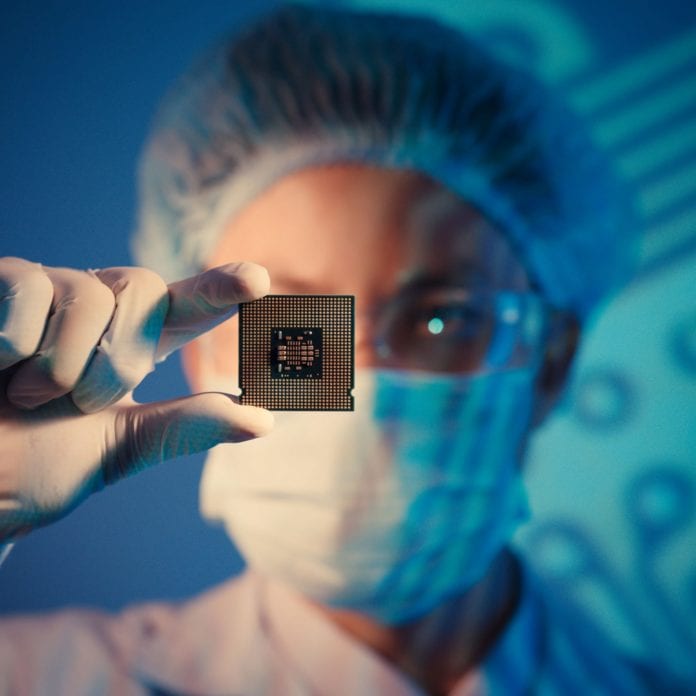Mentor exec: ‘testing is the key to 5G network success’
Mentor Graphics, which was acquired by Siemens in 2017 for $4.5 billion, has joined the O-RAN Alliance. Mentor, which specializes in pre- and post-silicon verification and validation solutions, will work to develop verification and validation requirements for open standards-based, highly configurable network development for 5G mobile network systems, from processor designs to end-system production and testing.
The type of 5G products being championed by the O-RAN movement have, at their core, systems-on-chip (SoCs), which must be verified within the context of the overall 5G systems they will power, making Mentor a critical asset for successful interoperability across multiple vendors.
“While there are many challenges to building the products that comprise 5G networks, testing is the key to success,” said Joe Sawicki, executive vice president for Mentor’s IC Segment. “Mentor’s comprehensive silicon verification flow is ideally suited to help O-RAN and its members meet their goal of dramatically streamlining interoperability validation cycles for 5G deployments around the globe.”
According to Mentor, many of the companies solutions will be utilized by the Alliance, including its X-STEP post-silicon validation platform for mixed vendor and system level-testing of 5G components, like SoCs, baseband boards and antenna systems.
The press release announcing Mentor’s entrance into the Alliance’s ranks states that with these solutions, 5G network designers can conduct:
- Pre-silicon SoC protocol compliance verification;
- Development-phase test case sharing between partner companies for early verification in the development phase; and
- Lab-grade verification with bit-accurate analysis of data for timing specifications and antenna configuration testing.
Founded in in February 2019 by AT&T, China Mobile, Deutsche Telekom, NTT DoCoMo and Orange, the O-RAN Alliance is made up of some big names, including Ericsson, SOLiD, Samsung and Nokia.
Ericsson SVP and CTO Erik Ekudden explained the decision to join up, saying, “Our ambition is to actively support and drive discussions and developments around future RAN architectures and open interfaces.” The alliance, he said, “creates an arena for these discussions, complementing other standardization and open-source initiatives in the industry which we are already active in.”

